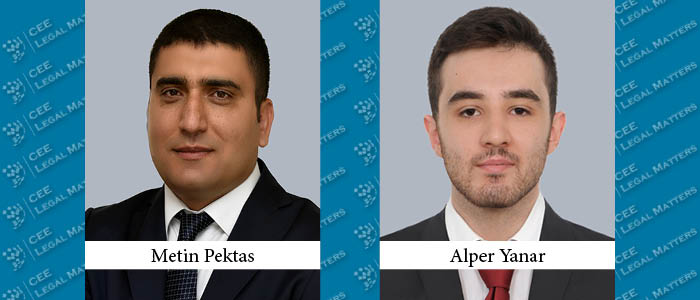The French antitrust authority – Autorite de la Concurrence (Autorite) – has recently finalized a significant investigation against Electricite de France (EDF) and reached a notable decision that is expected to shape business models in electricity markets. Examining the case, here are its potential impacts and replicability on the Turkish electricity market.
Background
EDF underwent a partial privatization process in 2005 and 95.95% of EDF shares are still owned by the state as of 2023. The French retail electricity market is also undergoing a liberalization process and all consumers in France are eligible for market offers since 2007. The significance of the EDF case lies in the fact that the practices that will be discussed occurred during the progressive liberalization process of the electricity market.
Summary of the Decision and Learnings
Being in the dominant position in the supply of electricity to residential and non-residential customers market in France, EDF was found by Autorite to be abusively using the means at its disposal as a regulated tariff operator to promote its own gas offers and energy services to preserve its market share in the electricity supply market thus strengthening its position in the gas and energy services.
In response to these claims, EDF applied for a settlement procedure and committed to making the information on customers who buy electricity from regulated tariffs available to alternative electricity providers and to separate the subscription processes for regulated contracts from those for non-regulated contracts. Autorite acknowledged the commitment package and made the commitments binding for three years, alongside an antitrust fine of EUR 300 million.
Pursuant to the antitrust approach in the EDF decision, instances of incumbent utility companies taking advantage of historical consumer data to create confusion among consumers between products and services and providing incorrect data to competitors to hinder competition are considered as antitrust violations. The assessment that makes this case a precedent for competition law in the energy markets is Autorite’s approach to non-reproducible means. It can be inferred that by non-reproducible means, Autorite refers to the factors that constitute EDF’s dominant position in the market and cannot be easily obtained by competitors, such as various data, especially that related to consumers, which EDF obtained through its monopoly status before privatization. In this respect, undertakings in dominant positions are prohibited from exploiting their control over non-reproducible means to maintain their market share and impede competition.
Takeaways for the Turkish Electricity Market
No doubt that Autorite’s antitrust approach is sound and it is expected for it to affect other authorities. For Turkish antitrust enforcement in the energy market, however, it is not possible to predict if this approach will be replicated. Despite uncertainties, we believe that the antitrust approach in the EDF decision does not seem to be fully applicable to the Turkish energy industry due to the differences in the liberalization process of Turkey and France that created dissimilar market structures.
The Turkish electricity market has also experienced a privatization process and retail market liberalization in the period of 2000-2013, where 21 geographic distribution regions were privatized separately. Alongside the privatization, each of these companies was mandated to legally unbundle distribution activity from retail activity and so two group companies were created – one for distribution and the other for retail. Unbundling is a key difference between the Turkish electricity market and the French one. Through it, it was expected that an information flow between two entities would be prevented. Therefore, unlike in France, there is no state-owned and vertically integrated company like EDF in Turkey after all that market restructuring.
Just after the privatization and unbundling period, between 2012 and 2018, the Turkish Competition Authority (TCA) conducted investigations into the practices of a number of incumbent retailers and distribution companies, ending with violation decisions and fines. In these investigations, the TCA focused on whether a competitive advantage was provided to the incumbent retailers by the distribution company or not. Unlike in the EDF case, the TCA did not focus on the use of consumer data possessed by the incumbent retailers.
It is a fact that the TCA has not scrutinized the use of consumer data that is historically held or created during retailing. Thus, it is still unclear how the TCA will assess the concept of non-reproducible means and how the antitrust idea of Autorite in the EDF case will be handled by the TCA.
By Metin Pektas, Partner, and Alper Yanar and Huseyin Taha Kaya, Associates, Nazali Tax and Legal
This article was originally published in Issue 10.6 of the CEE Legal Matters Magazine. If you would like to receive a hard copy of the magazine, you can subscribe here.
















